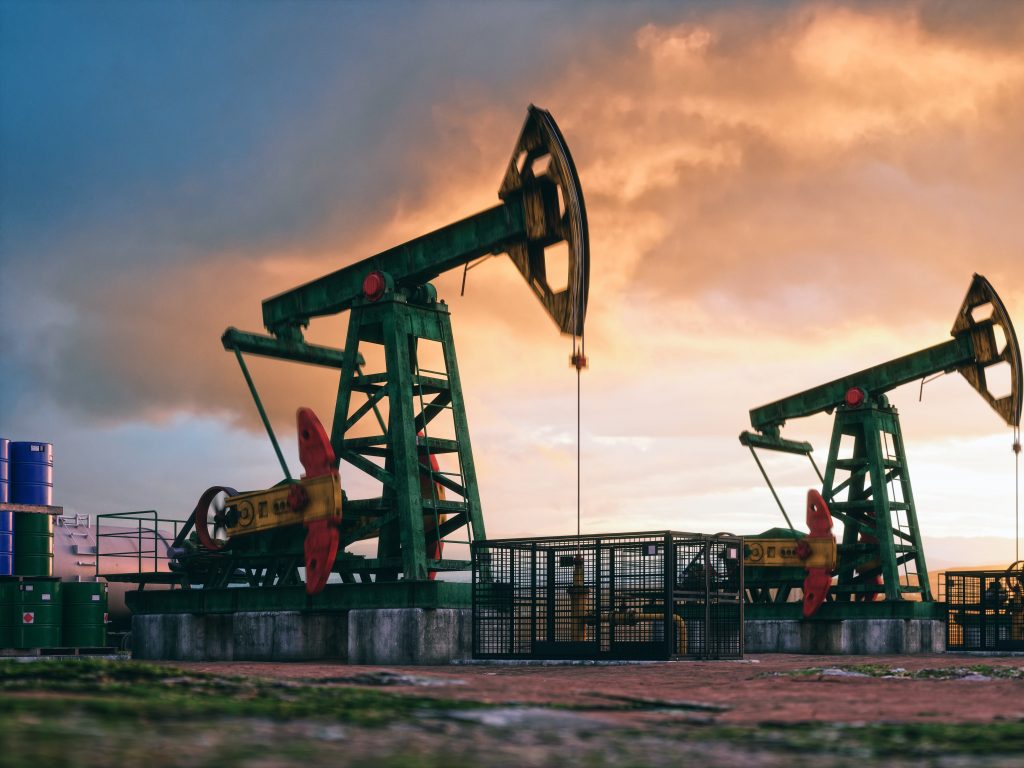- Brent crude was back over $110 a barrel on Monday as the invasion of Ukraine adds to supply concerns.
- Peace talks over the weekend failed to progress and Ukraine refused to surrender the besieged port city of Mariupol.
- Media reports say the EU is considering a ban on Russian oil exports, while Chinese Covid cases raise concern over demand.
Oil rose as much as 3.6% on Monday as peace talks between Russia and Ukraine stalled again, while media reports that the European Union is considering a ban on Russian energy exports further aggravated concerns about crude supply.
Brent crude futures were up 3.72% at $111.65 a barrel by late morning in Europe, while West Texas Intermediate gained 3.8% to trade around $108.62 a barrel.
Representatives from Russia and Ukraine held diplomatic talks again over the weekend, but made little progress in reaching any kind of agreement. The port city of Mariupol has been under siege for four weeks and Russia called for Ukraine to surrender the city — Ukraine's Deputy Prime Minister, Iryna Vereshchuk, shut down the request, according to Reuters.
"There can be no question of any surrender, laying down of arms," Vereshchuk was quoted as saying by the Ukrainian newspaper Ukrainska Pravda. "We have already informed the Russian side about this."
The change in tone around the peace talks has had an adverse effect on oil prices according to analysts at Commerzbank.
"The news from Russia and Ukraine with respect to the peace talks no longer sounded nearly as optimistic as it did before, which has doubtless prompted the market to reassess the situation," they said.
Elsewhere, media reports suggested the EU could potentially ban Russian oil exports, following in the footsteps of the US as President Biden prepares for a summit. Russia is the world's third-largest oil producer and supplies almost half the EU's natural gas. Commodities traders have shunned Russian crude-oil cargoes for weeks now, but natural gas flows have continued uninterrupted by pipeline.
"Oil prices are on the up again, however, on reports that the EU was considering an embargo on Russian oil exports, ahead of a summit meeting this week which will be attended by President Biden," according to analysts at IG.
China continues to grapple with a growing number of Covid cases as millions of residents are, again, in lockdown. Analysts at ING suspect that the growing number of cases is also playing a role in the oil markets price movements at present.
"The market is struggling to balance the impact of self-sanctioning of Russian oil and the potential demand hit we are seeing in China due to the latest Covid outbreak," according to ING analyst Warren Patterson.
Commerzbank also noted last week's IEA report on the prolonged oil shortage that could result from the ongoing crisis as potentially having a significant impact.
"Wednesday's forecast from the International Energy Agency is also likely to have had quite an impact: it predicts that the market will be missing 3 million barrels of crude oil and oil products per day from Russia from April," the note read.
